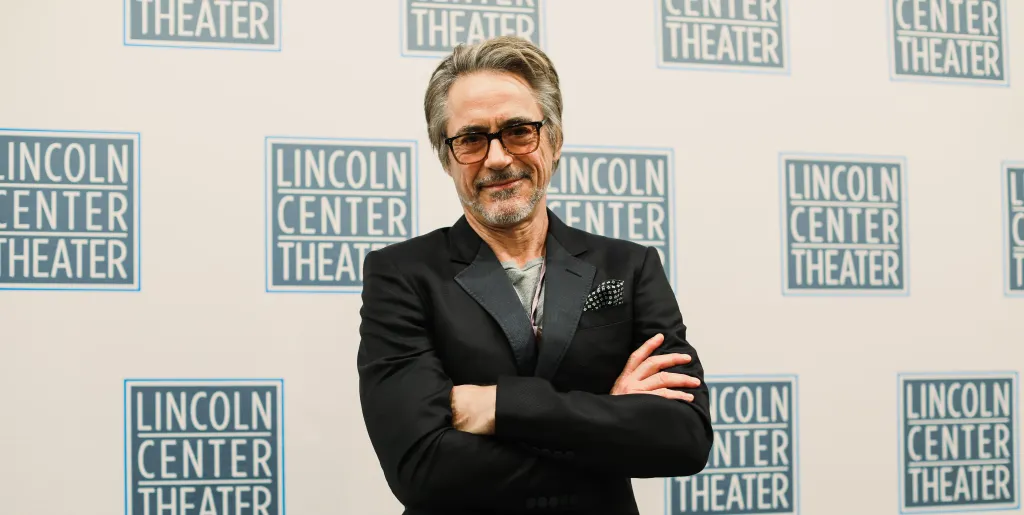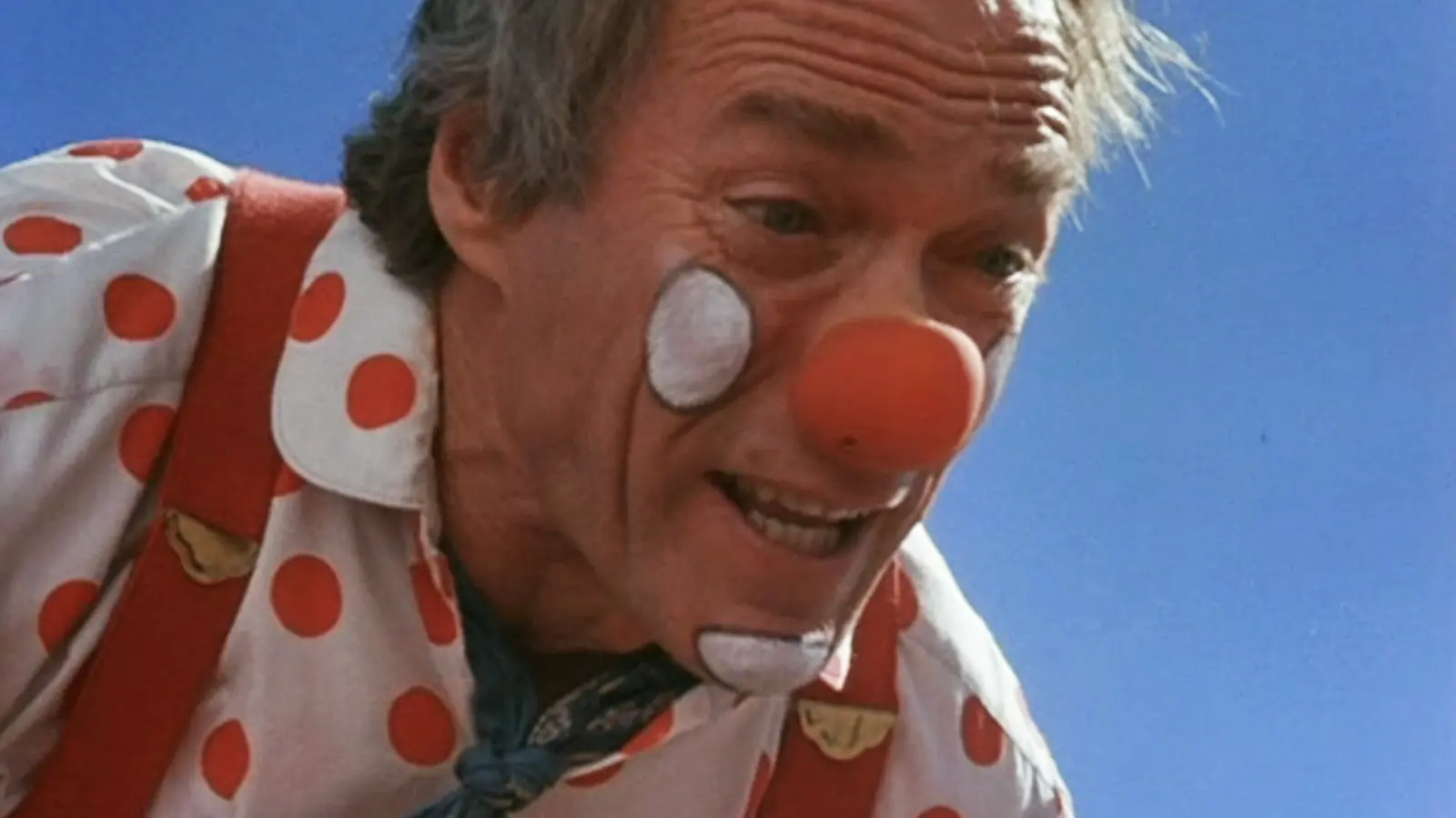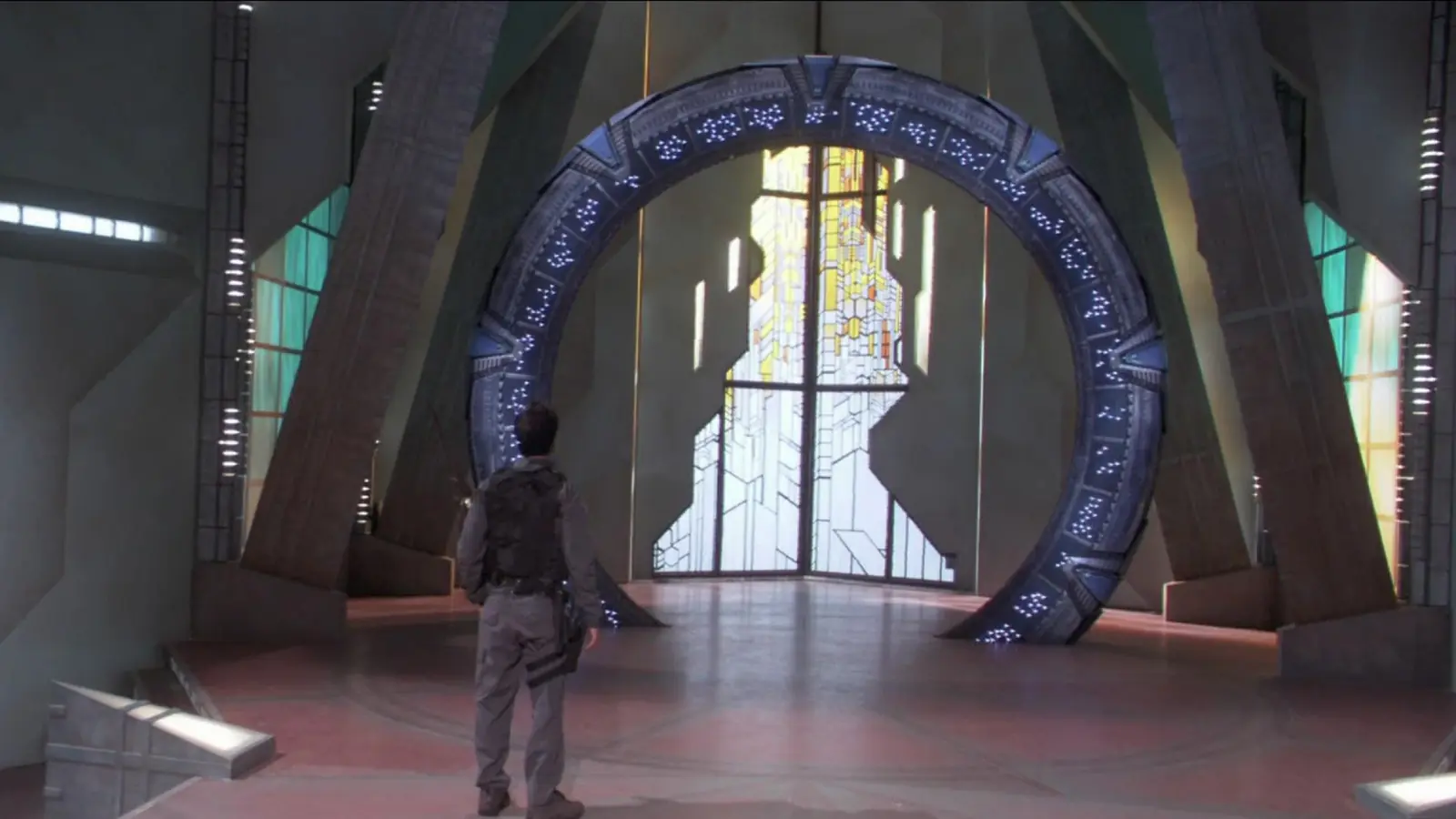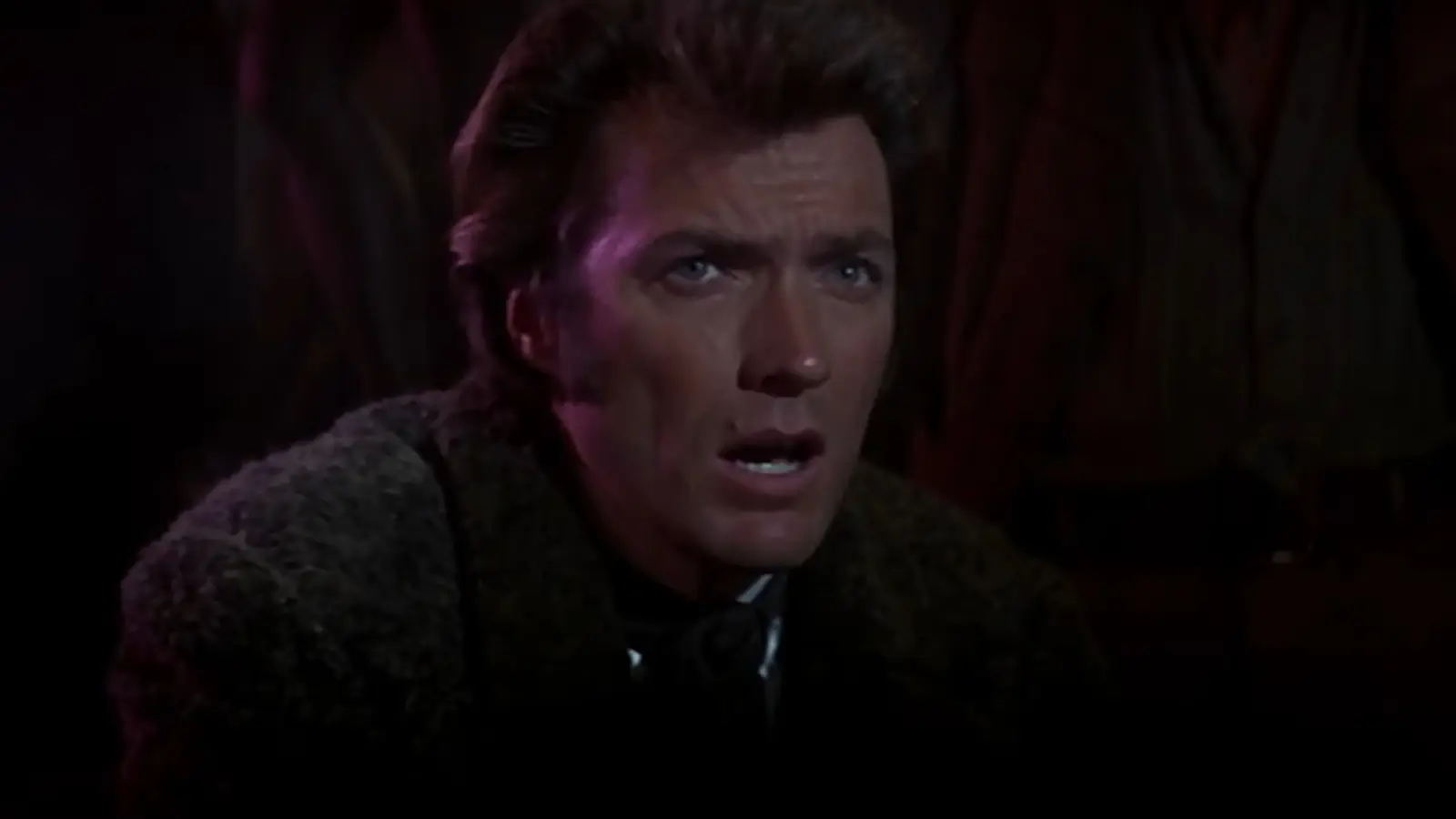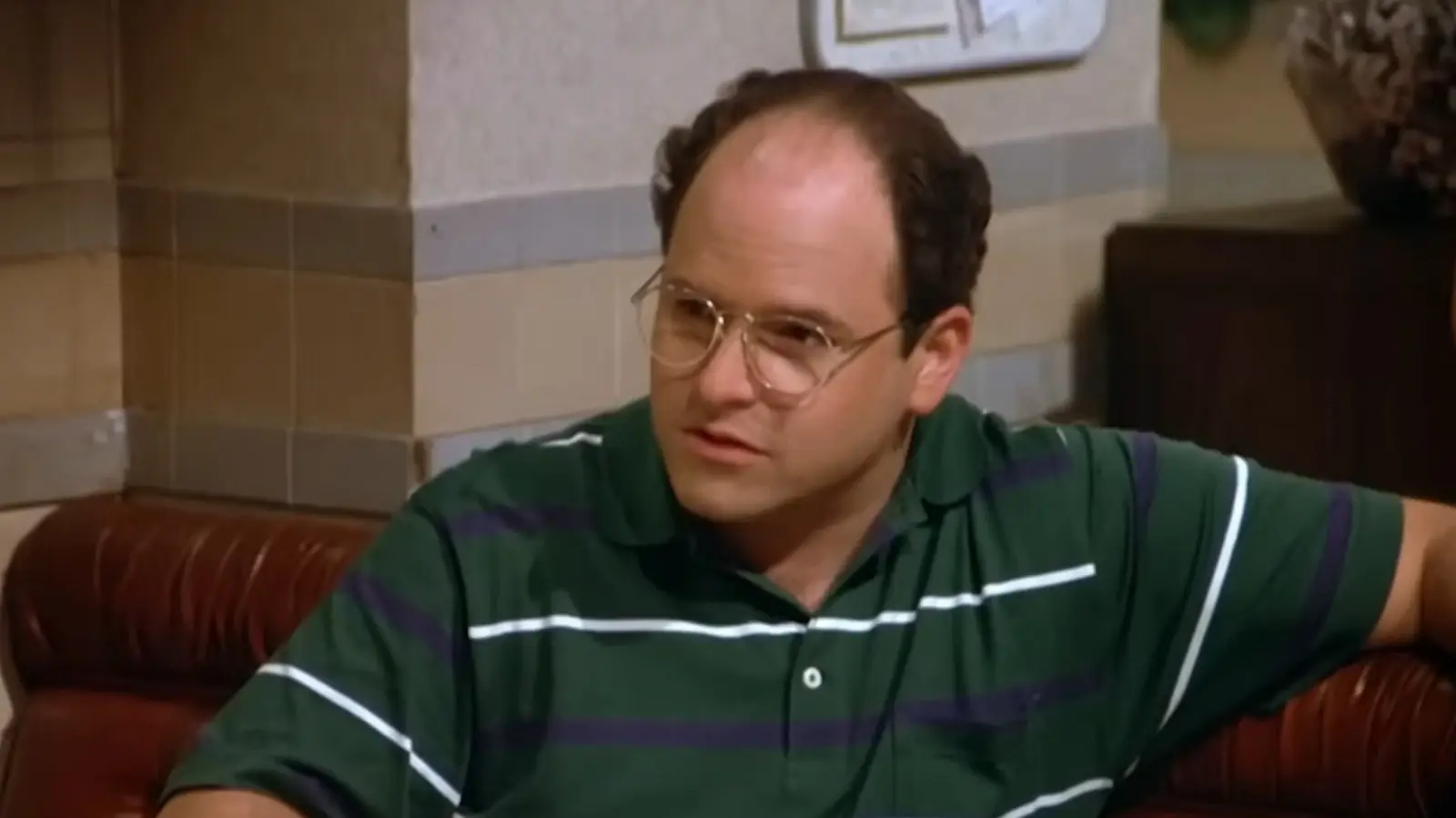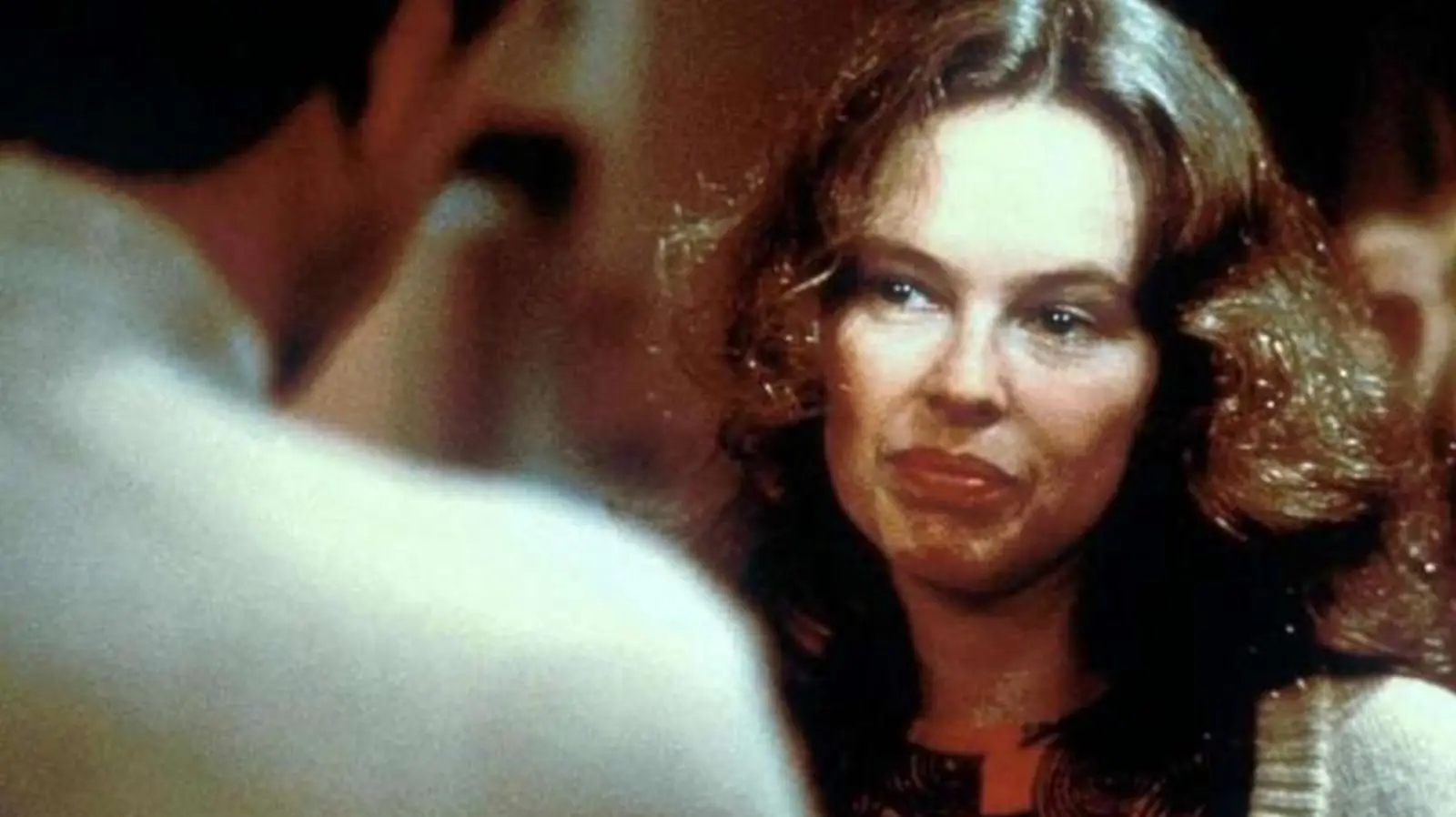Renowned actor Robert Downey Jr., widely celebrated for his iconic role as Iron Man, has recently spoken out against the increasing use of artificial intelligence (AI) in the Hollywood film industry. During a recent interview, Downey revealed his strong opposition to incorporating AI into filmmaking processes, citing the importance of preserving genuine human emotion and creativity.
Downey elaborated on his concerns regarding AI’s growing presence in the industry, expressing that his personal and professional experiences thrive on authentic emotional engagement, something he considers to be at odds with AI technology. “I have an actual emotional life that’s occurring that doesn’t have a lot of room for that,” he remarked, highlighting his belief that the essence of filmmaking lies in the human ability to bring emotion and depth to the art form — qualities he feels AI might lack.
The actor’s stance taps into a broader discussion within Hollywood and beyond about the role that AI should play in creative industries. As technology advances, AI’s potential applications in film range from generating script ideas to creating digital actors, leading to a debate over what constitutes authenticity in storytelling. While proponents of AI argue that it can streamline production and augment creative processes, skeptics like Downey voice concerns about losing the human touch that has traditionally characterized cinematic narratives.
Downey’s comments come at a time when many in the film industry are exploring the capabilities of AI, experimenting with its potential to revolutionize storytelling in previously unimaginable ways. However, for Downey, maintaining the organic connection between actor and audience remains paramount. He emphasizes the importance of emotional authenticity, suggesting that the complexity of human emotions cannot be fully replicated by machines.
The discourse surrounding AI in Hollywood is reflective of a larger, ongoing conversation about technology’s role in human society. As AI continues to permeate various sectors, including entertainment, questions about ethical and creative implications are becoming increasingly pertinent. Downey’s perspective highlights the need for a careful balance between innovation and tradition, suggesting that the future of filmmaking should prioritize human creativity and emotional depth.
In conclusion, Robert Downey Jr.’s remarks challenge the film industry to consider the implications of AI’s integration and the potential impact on the storytelling that audiences have cherished for decades. As technology evolves, the debate over its place in creative fields like filmmaking will likely intensify, with figures like Downey advocating for the preservation of the human element that makes stories resonate with viewers on a deeply personal level.

